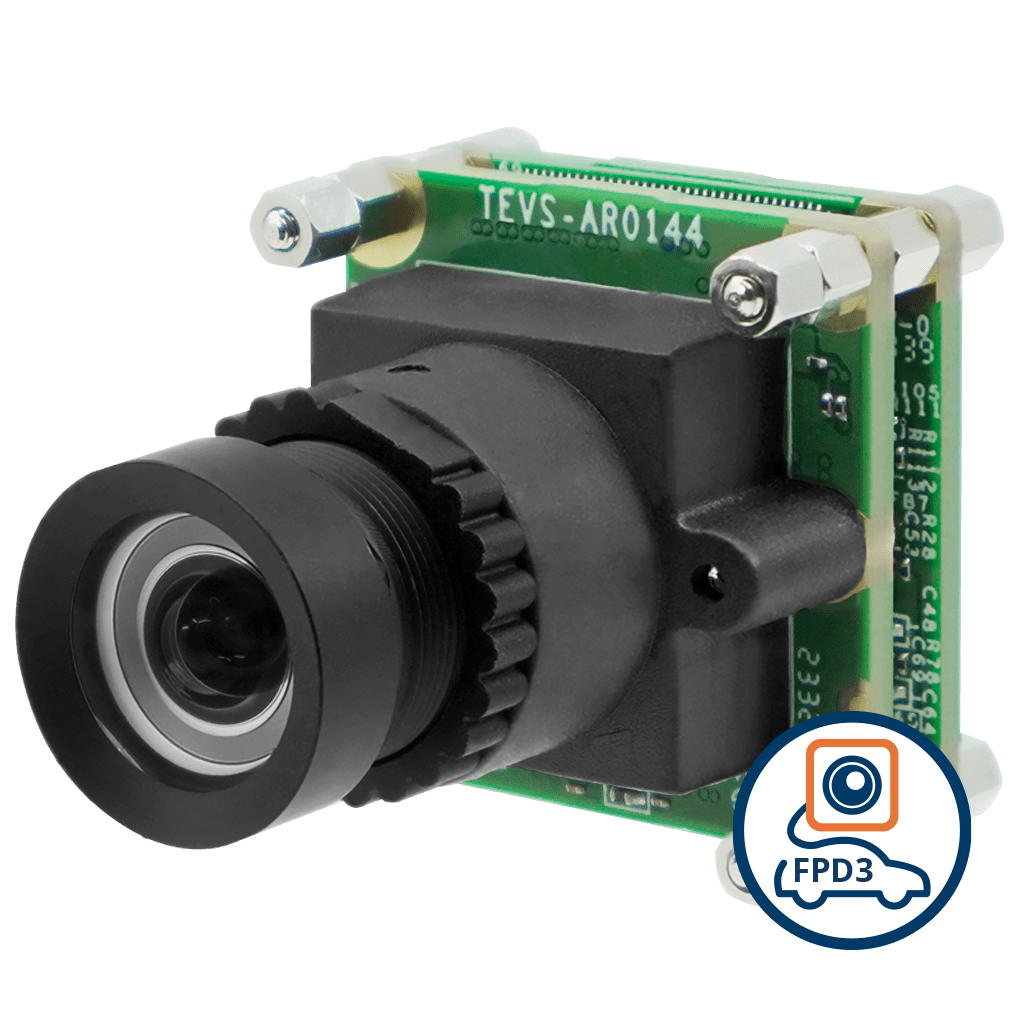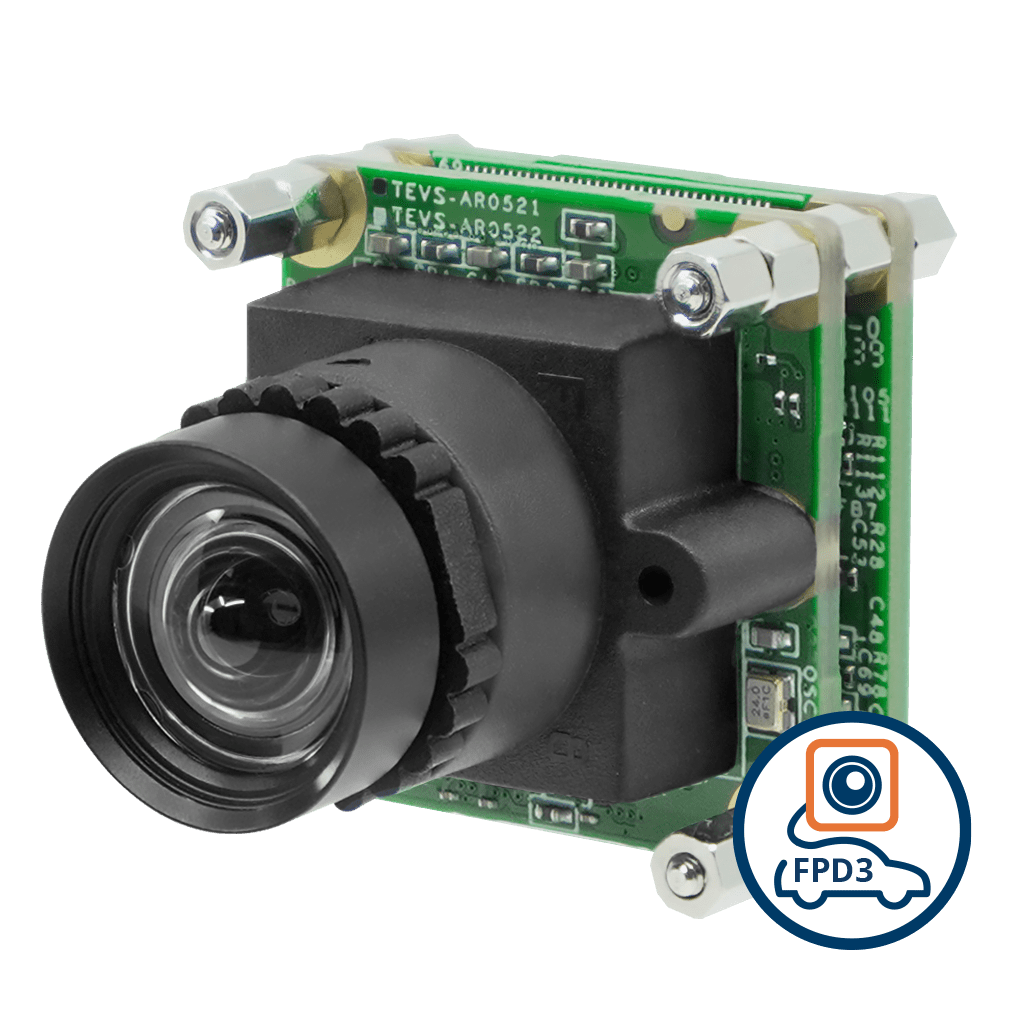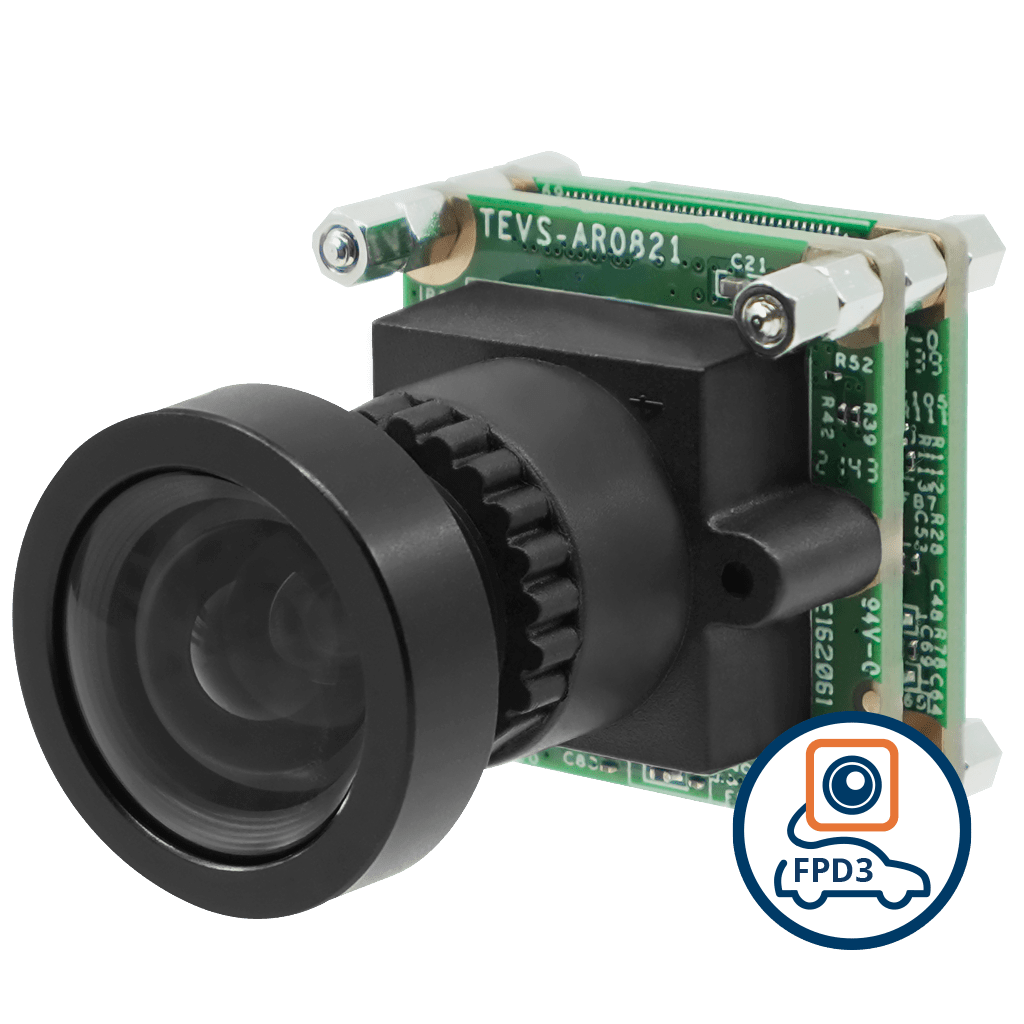Throughout the ages, mankind has constantly innovated new ways to make everyone’s lives easier. In one form or another, from the wheel to artificial intelligence, we have always found creative solutions to pre-existing problems. Once upon a time in recent history, this led to the Industrial revolution, which significantly shaped the course of our civilization.
The first industrial revolution was characterized by the introduction of machines while the second saw electricity, gas, and oil bringing about key changes in industrial and manufacturing processes. The third industrial revolution took automation a few steps further with the help of computing technology, telecommunications, and the internet. We are currently going through the fourth industrial revolution, also known as, Industry 4.0.
In Industry 4.0, autonomous machines and connected systems are revolutionizing industrial processes, enhancing efficiency, and boosting productivity at breakneck speeds. At the forefront of this revolution is Artificial Intelligence (AI), which is driving automation across various sectors.
Among the pivotal tools accelerating AI-enabled industrial automation are AI cameras. These sophisticated devices are reshaping how industries perceive and interact with their environments, ushering in a new era of intelligent manufacturing and operations.
What Is Industry 4.0?
Industry 4.0, also known as the Fourth Industrial Revolution, represents the integration of digital technologies into manufacturing and industrial processes to create what’s often termed as “smart factories” or “smart industries.”
At the core, it leverages connected technologies such as sensors, the Internet of Things (IoT), data analytics, and automation to optimize and streamline operations.
By incorporating sensors and IoT devices throughout the production line, real-time data collection becomes possible. This enables the proactive maintenance and optimization of equipment used for production and quality processes. This, in turn, minimizes downtime and reduces the likelihood of costly breakdowns.
Additionally, data analytics can be employed to analyze vast amounts of information generated by these connected devices, leading to insights that can enhance efficiency and productivity.
Industry 4.0 has positively impacted various industrial processes such as:
- Production
- Supply chain management
- Quality control, and
- Inventory management
Automation, enabled by interconnected systems and data-driven decision-making, has resulted in faster production cycles, reduced waste, and improved product quality.
The integration of AI and cameras further enhances the potential of Industry 4.0 by offering advanced capabilities in automation, monitoring, and decision-making. For instance, embedded vision systems equipped with camera modules can detect defects, inconsistencies, or abnormalities in production processes in real-time with high accuracy.
This ensures that only products meeting the necessary quality standards are released to the market. This not only improves product quality but also reduces waste and rework costs and hence the overall TCO (Total Cost of Ownership).
What Is an AI Camera?
An AI camera, in the simplest terms, is a sophisticated imaging device equipped with artificial intelligence capabilities. This enables the camera to perform various intelligent functions beyond traditional image capture.
The primary purpose of an AI camera is to mimic the human vision system by recognizing patterns and making decisions based on visual inputs. This means that it can identify objects, understand their characteristics, and even predict their behavior in certain situations.
The application possibilities for AI cameras are endless across different industries including manufacturing plants, warehouses, transportation systems, healthcare facilities, retail stores, and more. These cameras not only enhance safety measures but also increase efficiency by automating processes that would otherwise require manual labor.
AI cameras are transforming the industrial world through their powerful vision capabilities and advanced features. They have the potential to revolutionize how businesses operate by providing real-time data analysis, improving accuracy, reducing costs, and increasing productivity.
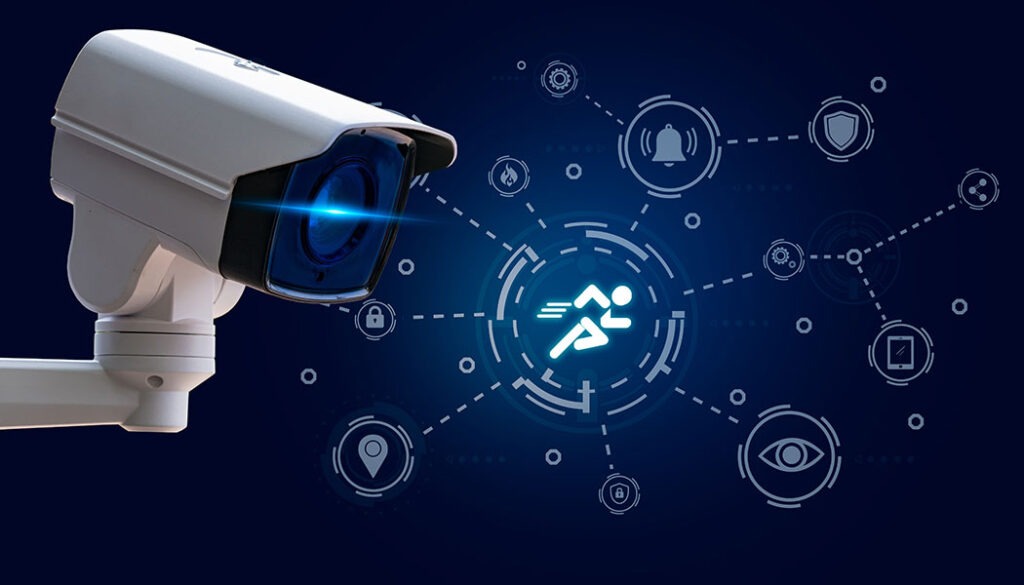
An AI camera
What Are the Industrial Applications of AI Cameras?
AI cameras have revolutionized the industrial world through their advanced vision capabilities. This has made them an invaluable asset for various industries. Some of the industrial applications of AI cameras include:
Robotics
One of the most prominent industrial applications of AI cameras is vision-guided robotics. These cameras act as robots’ eyes and help them to perform several tasks autonomously with high precision. This is made possible by leveraging AI and ML algorithms for object recognition and intelligent path planning.
For instance, in manufacturing, AI cameras enable robots to precisely identify objects on assembly lines, ensuring accurate placement and minimizing errors. In logistics, these cameras facilitate automated sorting and packaging by recognizing items based on size, shape, or barcode information. Similarly, in warehouses, AI-equipped cameras enable robots to navigate complex environments safely and efficiently.
Overall, the integration of AI cameras into robotics streamlines processes, reduces human intervention, and optimizes productivity in various industrial settings. Their versatility and accuracy make them a cornerstone of modern industrial automation.
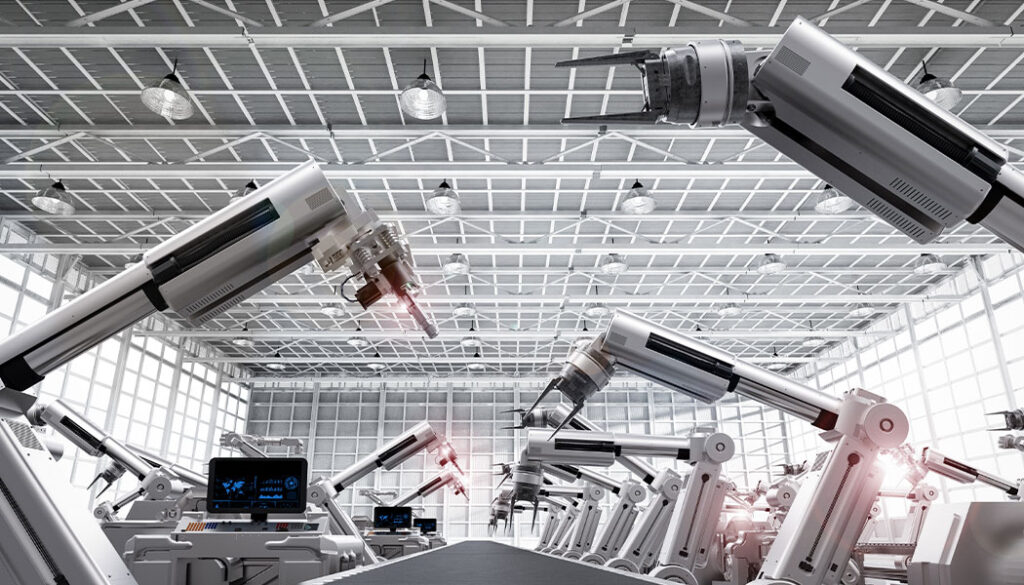
Robotic arms equipped with AI cameras
Product Sorting and Quality Inspection
Product sorting and quality inspection are critical processes across industries. AI cameras have revolutionized these tasks with their advanced capabilities. AI-equipped cameras can accurately classify products based on various parameters such as shape, color, size, and texture.
This highly accurate product classification ensures efficient sorting in assembly lines. This not only speeds up production but also minimizes errors and improves inventory management.
Moreover, AI cameras play a vital role in quality inspection by detecting defects or irregularities in products with unmatched precision. They can identify imperfections that may be imperceptible to the human eye, ensuring that only high-quality items reach the market. This enhances customer satisfaction and reduces the likelihood of costly recalls or returns.
In the automotive sector, for instance, AI-powered cameras excel in detecting even the minutest imperfections in paint quality, which might escape human scrutiny. This capability enhances the overall quality of automobiles and contributes to customer satisfaction and brand reputation.
Drones
Drones have emerged as invaluable tools for inventory tracking in warehouses. AI cameras integrated into these drones enhance their capabilities and increase the accuracy of inventory tracking.
These drones autonomously fly through the aisles of warehouses, capturing high-resolution images of shelves and products. Vision algorithms analyze these images to accurately identify products, read barcodes or RFID tags, and update inventory databases in real time. This streamlines the inventory management process.
Beyond inventory management, AI-powered drones automate various tasks within warehouses. They can assist in stock replenishment, guide workers to the appropriate locations, and perform routine maintenance inspections, enhancing warehouse operations efficiency.
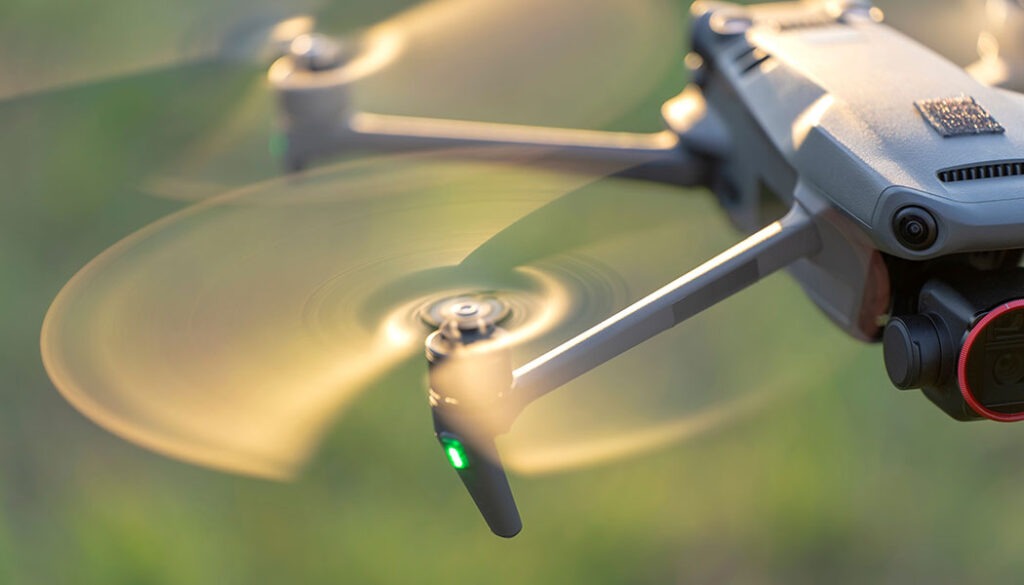
An industrial drone
Automated Forklifts
Industrial safety is still a big issue despite numerous rules and regulations in place. AI-powered automated forklifts equipped with vision technology are transforming material handling operations while prioritizing worker safety.
These advanced forklifts utilize AI algorithms and object recognition to enhance situational awareness, enabling them to detect obstacles, pedestrians, and potential hazards in real time. By analyzing the visual data, they can autonomously navigate through complex warehouse environments, avoiding collisions and ensuring safe operation.
Additionally, artificial intelligence technology coupled with vision enables forklifts to accurately assess load stability and weight distribution. This helps reduce the risk of tip-overs or load shifts that could endanger workers.
Smart Surveillance Cameras
Smart surveillance cameras enabled with artificial intelligence and vision can be used to further enhance security in several industries, especially where safety and security are paramount. These advanced systems are capable of not only capturing high-resolution images but also analyzing the data in real-time to identify potential threats or unauthorized activities.
For instance, in mines, a worksite full of safety hazards, smart surveillance cameras equipped with AI detect anomalies such as unauthorized personnel entering restricted areas, equipment malfunctions, or hazardous conditions like gas leaks.
Similarly, in nuclear power plants, where security is of utmost importance, AI-powered surveillance cameras play a critical role in detecting suspicious behavior, intrusions, or potential security breaches.
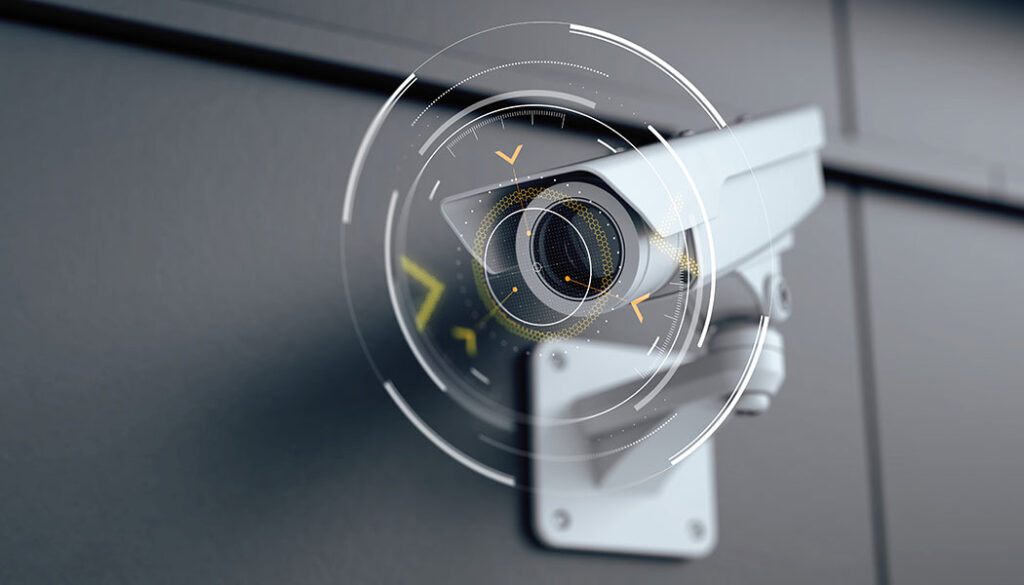
A smart surveillance camera
The Future of AI-enabled Embedded Vision in the Industrial Sector
The future of AI-enabled embedded vision in the industrial sector promises significant advancements. AI algorithms will undergo continuous refinement, resulting in heightened accuracy and expanded capabilities for object detection and identification.
Concurrently, improvements in camera technology will yield higher-quality images, enhancing the precision of AI analyses and enhancing automation processes. This evolution will reshape the job market, driving a surge in demand for individuals proficient in AI, robotics, and the operation of autonomous industrial vehicles.
As AI assumes a more prominent role, ethical considerations will come to the forefront, prompting industry-wide efforts to prioritize privacy and safety. Companies will increasingly integrate ethical AI practices into their frameworks, fostering a culture of responsible innovation.
Overall, the future of AI-enabled embedded vision in the industrial sector holds promise for higher efficiency, improved safety, and a workforce empowered with advanced skill sets tailored to meet evolving technological demands.
TechNexion – Cameras for AI-Based Industrial Applications
TechNexion, a leading provider of embedded camera and computing solutions, has been at the forefront of developing and manufacturing camera modules tailored for AI-based industrial applications. Our cameras are engineered to meet the demanding requirements of industrial environments while seamlessly integrating with AI systems.
These cameras boast advanced features such as high-resolution imaging, low-light performance, near-infrared optimization, and high dynamic range, enabling precise object detection and identification essential for industrial automation.
For instance, our UVLS-FPD3-AR0821-SL, an AR0821 4K HDR camera is optimized for applications across different sectors in Industry 4.0.
The key features that make it perfectly suited for Industry 4.0 are:
- Onsemi AR0821 8MP rolling shutter sensor
- 4K HDR imaging capabilities
- S-Mount for interchangeable lenses
- FAKRA automotive connector, providing sturdiness and resistance against shocks and vibrations.
TechNexion has other products in its portfolio that are perfectly suited for transforming the industrial world through embedded vision technology. Visit our embedded vision cameras page to find the perfect camera for your Industry 4.0 needs.
Related Products
Get a Quote
Fill out the details below and one of our representatives will contact you shortly.

